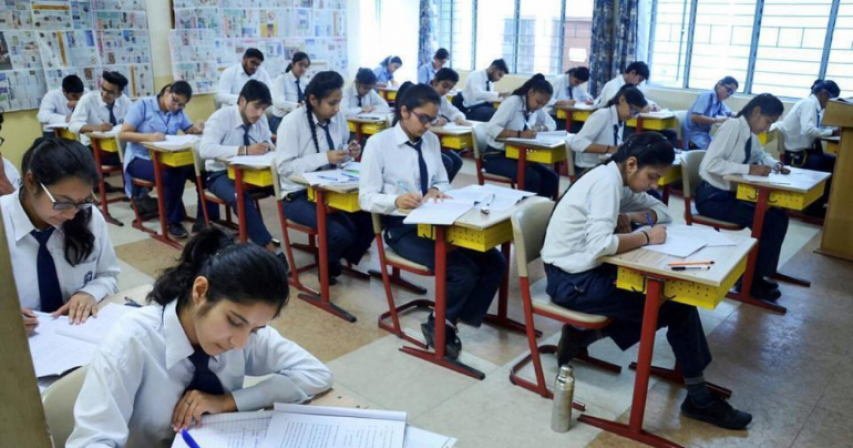Will CBSE schools in UAE host open-book exams in future?

The Central Board of Secondary Education's (CBSE) exploration of implementing open-book exams for students in Classes 9 to 12 later this year has been met with positive reactions from educators in the UAE. However, some school principals emphasize that while they have independently introduced the open-book approach in student assignments, its effectiveness has been somewhat limited.
The CBSE's decision to conduct a trial run in specific schools to assess the viability of open-book exams has sparked discussions between advocates of traditional closed-book assessments, characterized by board exams, and supporters of open-book testing. Muhammad Ali Kottakkulam, Principal of Gulf Indian High School in Dubai, stated, “We understand that CBSE is considering an Open (Text) Book Examination (OBE) in line with recommendations made in the National Curriculum Framework. These tests would undergo a pilot phase in schools to evaluate various aspects such as completion time, suitability for formative and summative assessment, and stakeholders' perceptions.”
Several schools have already trialed the open-book concept. “The method could be used in internal exams to promote innovative thinking among students. However, it is in the ideation phase, and there is no plan to adopt the OBE format in the CBSE class 10 and 12 board examinations,” added Kottakkulam. Principals point out that though OBE is a good initiative, it requires proper monitoring, training, and familiarizing teachers and students with this concept. Kottakkulam further explained, “We started the open book concept in students’ assignments, and it worked well to a certain extent.” The aim was to ensure that students read the entire book and understand the content, rather than focusing on certain chapters or topics. “OBE requires proper skills to set the questions and ensure that they are application-based so that children can apply their critical thinking and problem-solving abilities. Otherwise, the concept will not serve its purpose,” he added.
In certain schools in Abu Dhabi, practice sessions already involve collaborative approaches to finding answers to questions by consulting guided resources on the internet. K George Mathew, Principal/CEO of GEMS United Indian School in Abu Dhabi, commented, “BYOD (bring your own device) is helpful in giving learners research projects to be presented in class. This method is quite similar to the Open-Book model." He noted that the pilot project on OBE is proposed to run in select schools in India in November-December 2024. “We are aware of the CBSE’s thinking behind this and are readying our processes accordingly to meet the assessment style,” Mathew added.
School heads highlight that the ‘Open-Book’ model promotes understanding and interpretation over memorization. Meanwhile, starting this year, CBSE has increased the weight of competency-based questions from 40 percent to 50 percent in Grade 12. “This aligns with the weightage that is followed by Grade 10. It is also in line with the Government of India’s National Education Policy 2020, which urges schools to focus on building competencies in students,” said Ambika Gulati, Principal of The Millennium School in Dubai.
Principals reiterate that one of the key changes in the assessment and evaluation practices of the Board from this academic session is the reduction in the weight of constructed response questions. Deepika Thapar Singh, CEO - Principal at Credence High School, explained, “This includes short answer and long answer type questions, which have been reduced from 40 percent to 30 percent in theory examinations. In contrast, competency-focused questions, including Multiple Choice Questions (MCQs), case-based questions, and source-based integrated questions, will now hold a higher weightage.”
Overall, while the move towards open-book exams and increased competency-based questions represents a significant shift in the educational assessment landscape, educators are cautiously optimistic. They acknowledge the potential benefits of promoting deeper understanding and critical thinking skills but also emphasize the need for careful implementation and support to ensure the new approaches achieve their intended outcomes.
By: Sahiba Suri





Comments